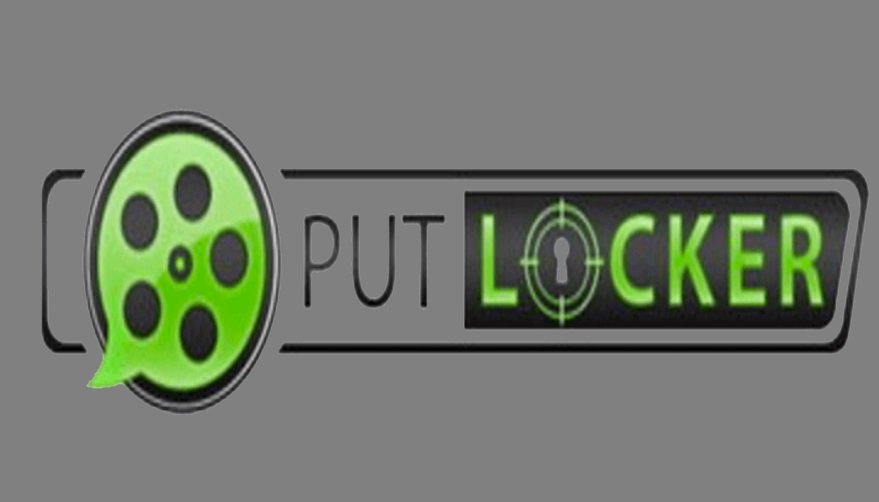4167Views 0Comments

Everything You Need to Know About Clinical Reasoning Skills in Nursing
As a nurse, you must make decisions about patient care on a regular basis. From analyzing patient data to formulating diagnoses and developing treatment plans, you need the ability to think critically and make sound clinical judgments. Clinical reasoning skills are the cognitive processes that enable you to do this. Here is everything you need to know about clinical reasoning skills in nursing, including what they are, why they are important and how to enhance them.
What are clinical reasoning skills?
Clinical reasoning skills are the cognitive processes that nurses use to identify, analyze and evaluate patient data to inform clinical decisions and provide patient-centered care. These skills are crucial for nurses to provide safe and effective patient care. They help nurses make sound clinical judgments, diagnose patient conditions and develop appropriate treatment plans.
Clinical reasoning skills involve analyzing, diagnosing and interpreting each situation, in addition to making sound decisions. You can refine these skills if you sign up for a program like the Ulndy accelerated nursing program to switch or further your career. The courses provided by the University of Indianapolis are accredited by the Higher Learning Commission, and you undertake two residencies as part of your qualification. This provides excellent preparation for your new career after graduating.
Analytical clinical reasoning skills involve analyzing patient data to identify underlying medical issues, interpreting laboratory test results and making connections between different pieces of patient data. Diagnostic clinical reasoning skills involve formulating diagnoses based on patient data and identifying appropriate diagnostic tests, while interpretive clinical reasoning skills involve integrating patient data to develop a comprehensive view of a patient’s condition. Decision-making clinical reasoning skills involve selecting the most appropriate treatment plan and determining when to refer a patient to a specialist.
An example of using these skills in the workplace can be seen when dealing with a new patient. You would start with the facts you have and try to build on them to get a clearer picture of the patient’s health and any complexities. Then, you would use this information alongside your skills and the knowledge you have gained through education and hands-on experience.
This will usually be done quickly, so it is important to be able to identify the main problem and any potential barriers to treatment in the moment. Only then can you take the appropriate action. After evaluating the action taken, you will reflect on the outcome, looking for anything you could have done differently or how you can improve the care you provide next time.
The importance of clinical reasoning skills in nursing
Clinical reasoning skills enable nurses to quickly and accurately assess a patient’s condition, identify underlying medical issues, recognize potential warning signs, develop effective treatment plans, and determine when to refer patients to specialists. They also help nurses think critically, make sound clinical judgments, provide safe and effective patient care and improve patient outcomes in the future. Nurses tend to develop and use these skills without giving much thought to the complex process behind it because it becomes second nature to them.
Tips for enhancing your clinical reasoning skills
To enhance your clinical reasoning skills, you should stay up to date with the latest research and developments, ask questions when you are unsure, get feedback from experienced colleagues and practice using evidence-based guidelines when making decisions about patient care. It is also important to practice your clinical reasoning skills regularly to maintain them.
You might think you should know everything there is to know about nursing if you have the qualifications and experience, but most of the best professionals are constantly learning and improving. This is what makes them standouts in their field. Don’t be afraid to ask questions or clarify what you think you already know. It shows you want to learn and helps you improve your clinical reasoning skills.
In short, clinical reasoning skills are crucial in nursing. Without these skills, nursing professionals would struggle to identify, analyze and evaluate patient data; make informed clinical decisions; and provide patient-centered care. By focusing on these skills as a nurse, you will be able to think critically, make sound clinical judgments, provide safe and effective patient care, and improve patient outcomes.


